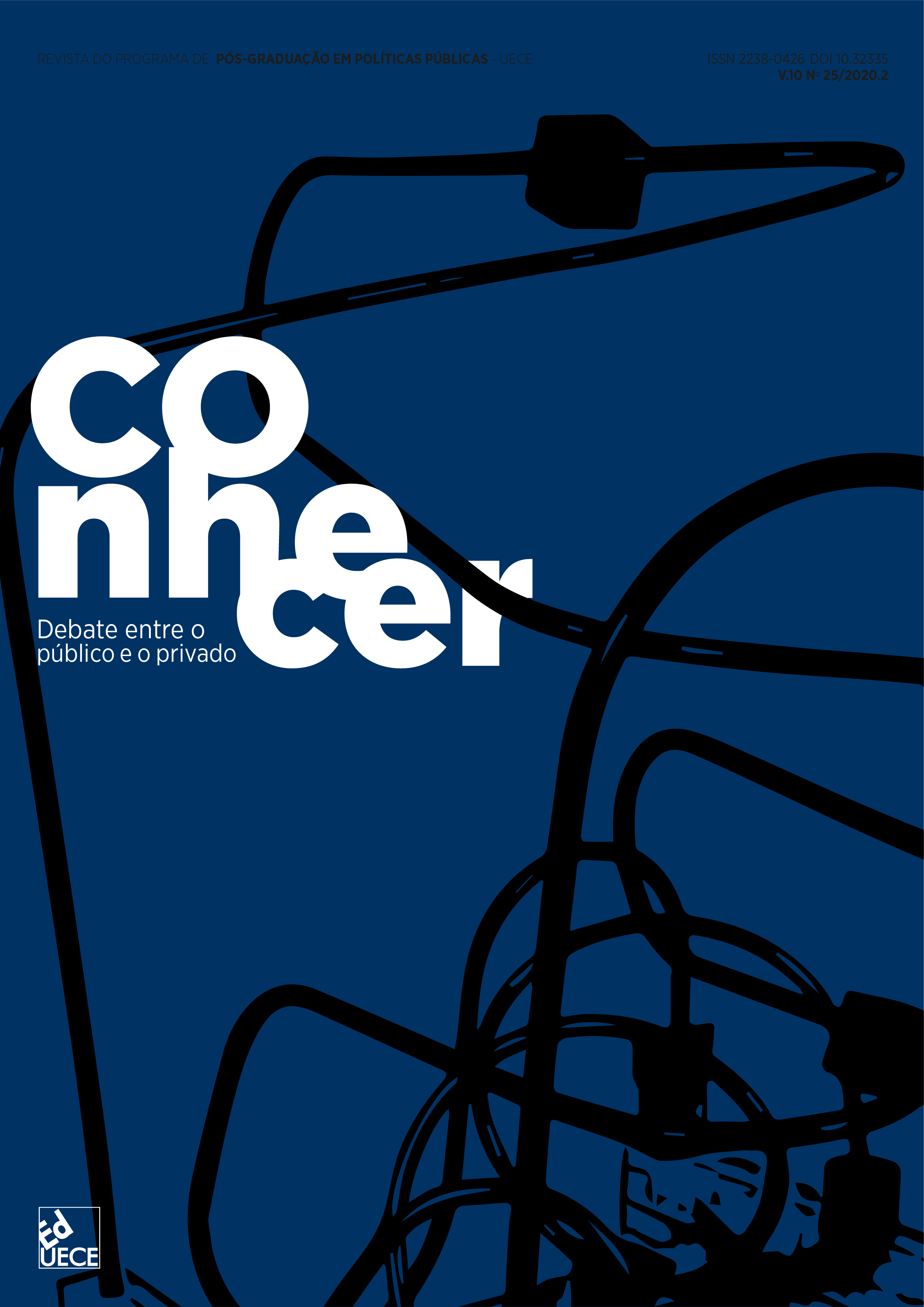Brazilian National Minors’ Welfare Policy and the Alliance for Progress
DOI:
https://doi.org/10.32335/2238-0426.2020.10.25.3498Keywords:
children, public policy, social welfare, dictatorshipAbstract
This article historicizes the Brazilian National Minors’ Welfare Policy (Política Nacional do Bem-Estar do Menor [PNBEM]), created in 1964, in the first year of the military regime. By means of the PNBEM, the Brazilian State started to deploy the Brazilian National Foundation for Minors’ Welfare (Fundação Nacional do Bem-Estar do Menor [FUNABEM]), which became extinct in 1990. The documentary research, carried out in the archives of the extinct FUNABEM, revealed the relationship between the public policy of poor children and teenagers’ care and the Alliance for Progress Program, deployed during the John Kennedy administration in the United States of America (USA), which aimed to promote a more direct U.S. intervention in Latin American countries in the Cold War context. Based on the Discourse Analysis methodology, we discuss the official documents by the PNBEM and the reports by the Alliance for Progress. The results shown make it possible to think through the formation of concepts and the power/knowledge relationships built during the public policy promoted by the civil-military dictatorship. It is noteworthy that, in seeking to produce a national public policy aimed at children and teenagers provided with care by state-owned foundations, the FUNABEM proposes a ‘governability’ regarding the ‘minors’ welfare issue.’ Welfare actions emerge as a disciplinary device in order to bring children and teenagers under State control.
Downloads
Downloads
Published
How to Cite
Issue
Section
License
Authors who publish in this journal agree with the following terms:
- Authors retain the copyright and grant the journal the right of first publication, and the study is simultaneously licensed under the Creative Commons Attribution License, which allows sharing the study by acknowledging authorship and initial publication in this journal.



